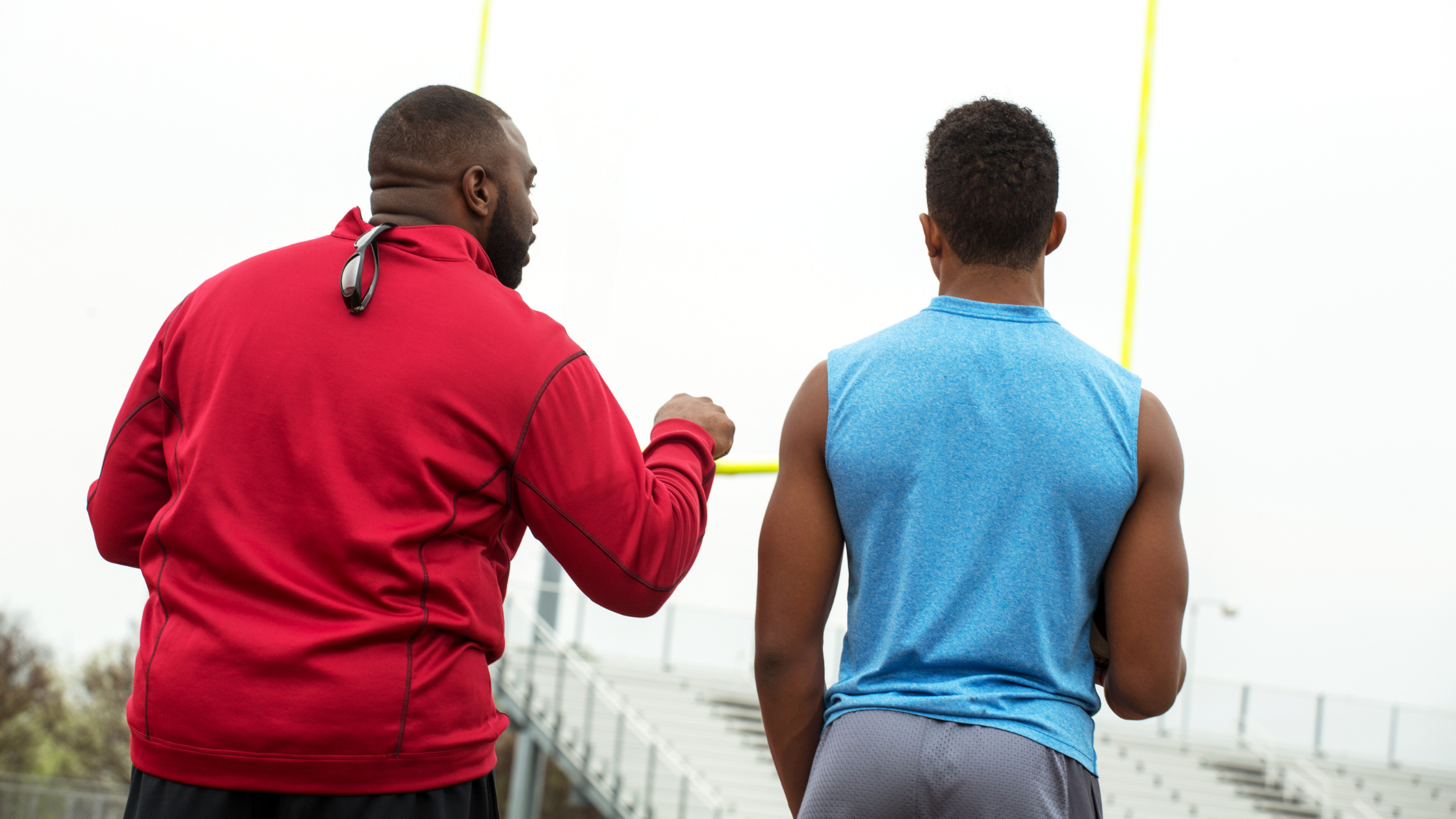How to Talk to College Coaches – Anticipating Questions from Coaches
Published on May 6, 2025

Earlier, Honest Game reviewed the types of questions you could ask a college coach in “How to Talk with College Coaches – Preparing and Making a Plan”.
Next, consider what questions should you be prepared to answer.
Throughout your recruiting process, you will cover a range of topics from different coaches, but you should be ready to answer three basic questions:
- Why do you want to go here? Be specific and personal.
- How do you picture your college experience? Be honest with this answer – this is not a 4-year decision, it’s a 40-year decision. Things to consider:
- Playing time
- Does the school offer your major?
- What type of culture are you looking for?
- What are your strengths/weaknesses? Here’s your chance! This is not the time to be modest. Be confident and give specific examples of your strengths. College coaches want self-confident, respectful players that will represent their school in the right way. It’s okay to talk about your weaknesses, but don’t dwell on them. No one is perfect and college coaches will likely prefer an athlete who recognizes areas for improvement.
- For example, if you’re the team captain say something like… “I was lucky enough to be selected as team captain this year and I think I’ve tried to be a leader on the field and in the locker room.”
Coaches will often ask follow-up questions to find the student-athlete who best fits their program and school. These questions will focus on three main areas related to athletic, academic, and general character and personality.
Athletic Questions
Coaches want to learn about you as an athlete and how you’ve performed throughout your career. They want to understand the full picture of your work ethic, motivation level, and approach to the game.
- What are your greatest accomplishments as a player?
- What is your training and practice routine?
- How did you handle adversity throughout your playing career?
- What are your athletic goals in college?
- Do you have plans or dreams of playing beyond college? Your answer to this question may help you decide on what level to pursue.
Academic Questions
Academics play a major role in recruiting. Coaches are assessing admissions fit, eligibility requirements, and scholarship opportunities.
- What are your grades like?
- Have you taken the SAT or ACT, and if so, what are your scores?
- When do you plan to take the SAT or ACT?
- Have you registered with the Eligibility Center?
- Have you thought about what you might want to major in?
- What are your academic and/or career goals?
- What interests you about our school in particular?
- Do you see yourself as a fit here academically?
- For the academically elite colleges – what are you reading right now outside of school?
General Character and Personality Questions
There are countless players who possess the athletic ability to play at the college level, but coaches also place value on finding well-rounded players with strong personal character and coachability.
- Do you consider yourself a leader on and off the field? How so?
- How do you make the people around you better?
- Who are your greatest inspirations as a player? As a person?
- How do you feel about playing time?
- What are your interests, activities, or passions outside of sports?
Extra Points – Things To Keep In Mind
Not Just Athletics: Of course, coaches want to find the best talent that will help their team win, but you should also expect coaches to ask deeper questions as they try to get a sense of your overall mindset, your academic performance, and your level of character.
Be Prepared: It’s good to know what coaches might ask you, but you should try to take the next step and be prepared for how you might answer these types of questions. Practice your potential answers with a family member, friend, coach, or Honest Game counselor to build confidence in your answers.
Take notes: Write down all of the questions that were asked and answered, and take a few moments after each call, email, or text to remember what you liked, disliked, or did not get answered.
Finally… Be Honest: Coaches know what they’re looking for in recruits; and during the process, they will decide if you share their program’s values. Likewise, while they are interviewing you, you should also be deciding if the school is the right fit for you.

A former High School Athletic Director with more than 14 years of experience, Courtney has guided thousands of student-athletes through the NCAA and NAIA college eligibility and athletic recruiting process.



